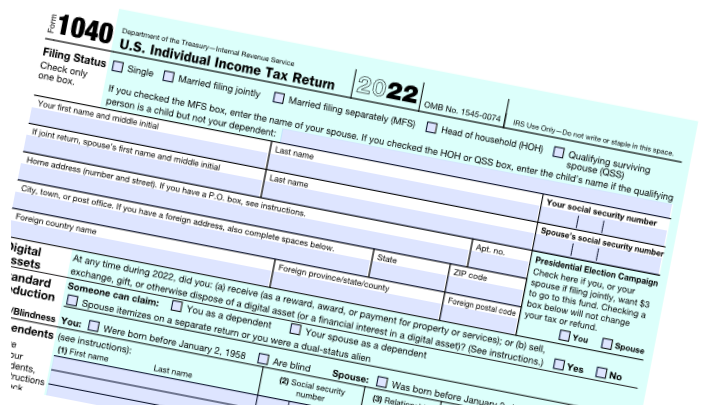Taxes
IRS Plans to Go Paperless by 2025 Tax Season
By the 2025 filing season, the IRS will digitally process 100 percent of tax and information returns that are submitted by paper, as well as half of all paper correspondence, non-tax forms, and notice responses.
Aug. 02, 2023

Treasury Secretary Janet Yellen announced on Wednesday that the IRS has set a goal to go paperless by 2025.
The new initiative “marks a significant step in our efforts to digitalize IRS operations,” Yellen said. “Today, we are announcing that, by the next filing season, taxpayers will be able to digitally submit all correspondence, non-tax forms, and notice responses to the IRS.” She added that taxpayers will still be able to submit forms and documents by paper, if they wish.
The Treasury Department says that by the 2025 filing season, the IRS will digitally process 100 percent of tax and information returns that are submitted by paper, as well as half of all paper correspondence, non-tax forms, and notice responses. It will also digitalize historical documents that are currently in storage at the IRS. The storage costs for housing these approximately one billion documents costs an estimated $40 million per year, the agency has reported.
“Thanks to the Inflation Reduction Act, we are in the process of transforming the IRS into a digital-first agency,” Yellen added. “This ‘Paperless Processing’ initiative is the key that unlocks other customer service improvements. It will enable taxpayers to see their documents, securely access their data, and save time and money. And it will allow other parts of the IRS to rely on these digital copies to provide faster refunds, reduce errors in tax processing, and deliver a more seamless and responsive customer service experience.
The Inflation Reduction Act, which was enacted in 2022, provided the IRS with $80 billion over 10 years for improving its technology infrastructure, client service, and other activities.
The IRS processed more than 213 million electronically-filed tax returns earlier this year, which accounted for more than 81% of all individual tax returns. However, many electronically-filed returns have historically required some paper documentation. The new initiative will help eliminate these burdens and streamline processing and tax refunds, the agency said.
Yellen also noted that the IRS has been more aggressive in tackling tax evasion. “In recent months, the agency has closed about 175 delinquent tax cases for millionaires. That has generated about $38 million in recoveries. The IRS has also continued to intensify its effort to enforce against wealthy individuals who fail to file tax returns at all.”
